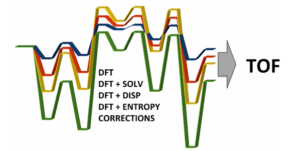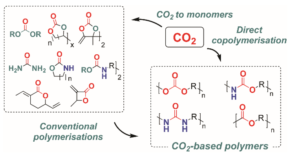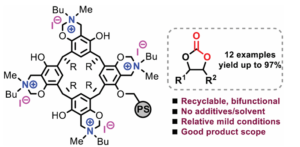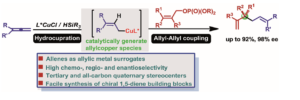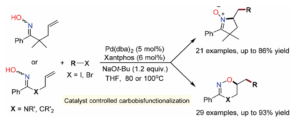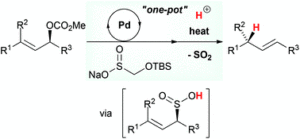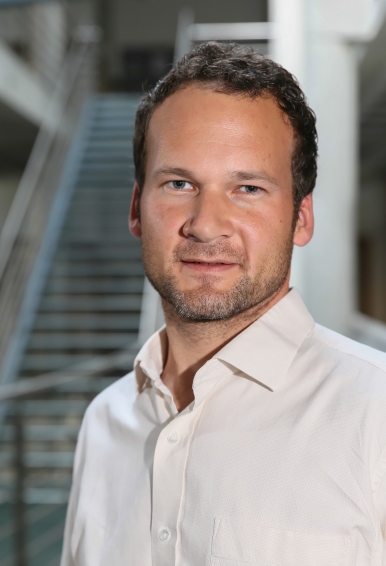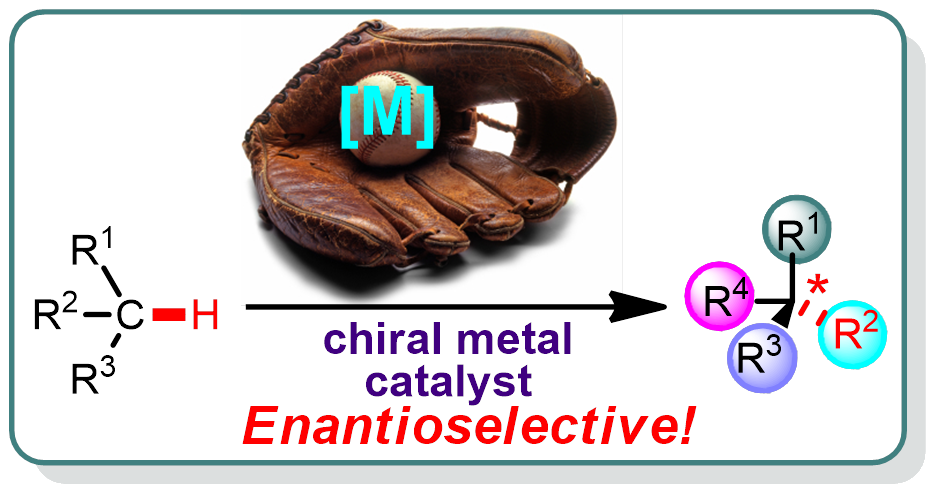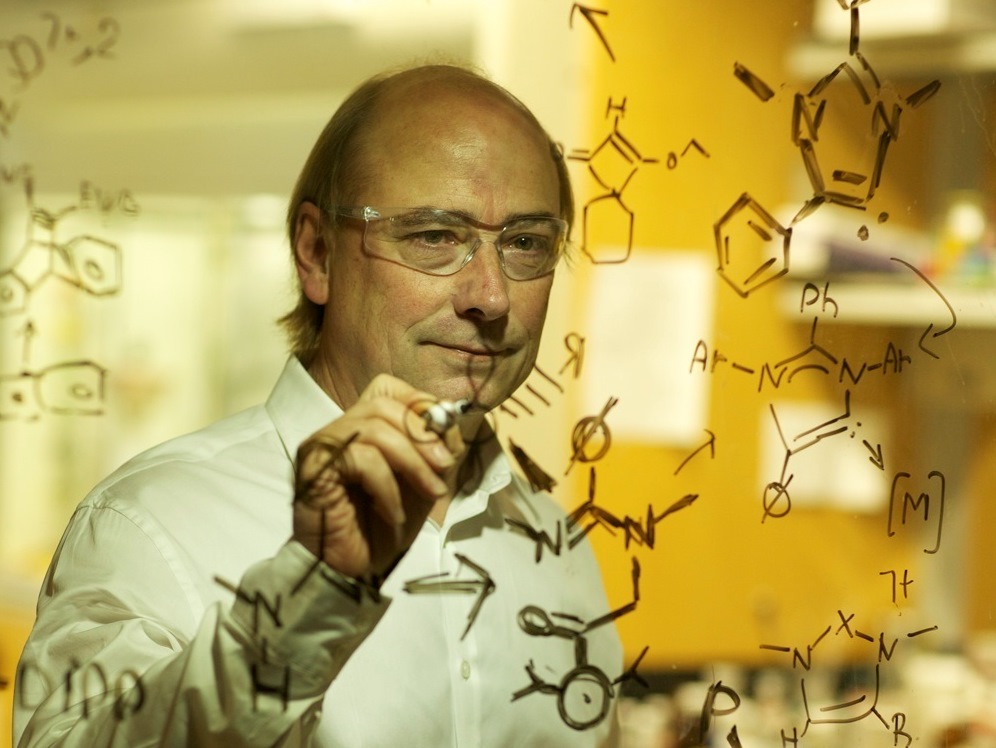We are delighted to announce the establishment of our inaugural Early Career Advisory Board at Organic Chemistry Frontiers. This initiative aims to provide a direct channel for engaging with early-career researchers, supporting their professional development, and infusing our journal with fresh innovative perspectives from the younger generation.
We warmly invite you to nominate an emerging investigator to the board or encourage your colleagues to self-nominate before 30 November 2023.
Role of the Early Career Advisory Board
At Organic Chemistry Frontiers, we value the voices of early-career researchers. Joining the board, you will be part of a dynamic group of emerging investigators, helping shape the future of a leading organic chemistry journal and benefiting from networking opportunities with the journal’s Editorial and Advisory Board members.
Your insights will be invaluable as you provide feedback on the journal’s scientific standards, suggest emerging topics and researchers worth featuring, and contribute to promotional and visibility initiatives within your community.
Terms of Service
Normally, members of the Early Career Advisory Board will serve a term of two years, with an option for reappointment for a maximum of two consecutive terms.
Eligibility
- Nominations are open to researchers of any nationality from academia or industry.
- Candidates must be no more than 5 years from starting an independent research position (Assistant Professor or industry equivalent); appropriate consideration will be given to those who have taken a career break, followed a different career path or work in systems where their time period to independence may vary.
- Candidates should demonstrate a commitment to advancing organic chemistry through developing high-quality journals.
How to Nominate
Please email the following information to OrgChemFrontiersED@rsc.org for your nominations before 30 Nov 2023.
Self-nominations are very welcome. If you are interested in joining our Early Career Advisory Board, please provide:
- An up-to-date CV which highlights your engagements in academic activities (conferences participation) and services to the wider community (journals, societies, etc.)
- Any supplementary materials, such as a brief supporting statement from an active Principal Investigator or contact information of references
To nominate someone else, please provide:
- Candidate’s name, position, affiliation, website URL and contact details, along with a brief description of the candidate’s research contribution and community engagement
- Nominator’s name, position, affiliation and contact details
- Any supporting materials, such as an up-to-date CV of the candidate
It is suggested that you should get the nominee’s consent before submitting the nomination.
Selection Criteria
Editorial Board of the journal will consider the following aspects of all nominations as appropriate:
- Profile within institute and/or community
- Involvement in community and advocacy activities
- Area and quality of research
- Motivation to join Early Career Advisory Board
We look forward to receiving your nominations!
















